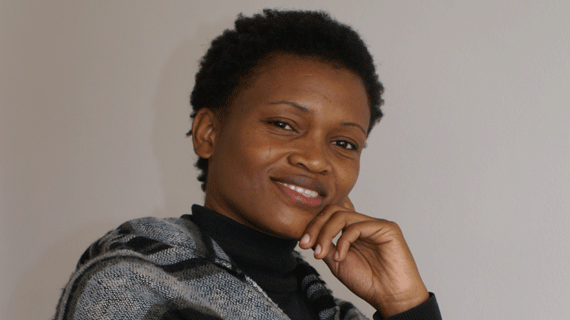
ACCORDING to Professor Judith Baxter’s article in a December 2013 edition of The Guardian, a Gallup poll conducted in the United States discovered that if given a choice between a male or a female boss when taking a new job, Americans strongly lean towards men as their preferred choice.
I am sure that if a survey was conducted in our own country, the results would not be too different.
Where does this subtle bias emanate from? It may be due to cultural beliefs, whereby, both women and men subconsciously view men as leaders and women as followers.
A second reason may be attributed to the reinforcement of negative stereotypes about leaders who are women. A stereotype is a widely held and oversimplified image or idea of a particular type of person or thing.
It is with this backdrop that a number of labels are still attached to women in leadership. Examples of these stereotypes include:
The notion that men are better leaders than women,
The idea that a woman can only be successful if she connives or engineers her rise and not necessarily based on merit,
The belief in some quarters that female leaders are generally easily provoked and prone to emotional outbursts — the perception of female leaders as bossy and petty.
- Chamisa under fire over US$120K donation
- Mavhunga puts DeMbare into Chibuku quarterfinals
- Pension funds bet on Cabora Bassa oilfields
- Councils defy govt fire tender directive
Keep Reading
I personally have had both female and male bosses in my working life.
My worst bosses, unfortunately, have been women. Having said that, the most amazing, mentoring and supportive boss I have ever had was also a woman. Were some of my female bosses conniving, emotional, bossy and petty? Unfortunately, yes.
On the other hand, my male bosses were not perfect either. Looking at what is happening on the political front in our country, some female leaders are taking the country by storm. Are they exuding some of the characteristics of the stereotypical female leader?
You be the judge.
How then can we beat the female leadership stereotype? This is a tall order, albeit not an impossible one.
In the words of Margaret Thatcher: “Being powerful is like being a lady. If you have to tell people you are, you aren’t”.
Simply put, rising above stereotypes calls for self-awareness and recognition of your right to be “at the table”.
It calls for women to display the characteristics of true leaders — intelligence, commitment, honesty, fairness, determination, a sense of humour, high moral value and a good self-image.
It is not impossible for women to be perceived as strong leaders. It is arguably more challenging and requires more effort than it does for men. Female leaders need to walk the talk, and talk the walk.
The quintessential female leader has high expectations of herself and others, while being an encouraging example and not a dreaded taskmaster.
A female leader is one who soars and teaches others to fly too.
Nonto Masuku is a partner of an image and reputation management firm










